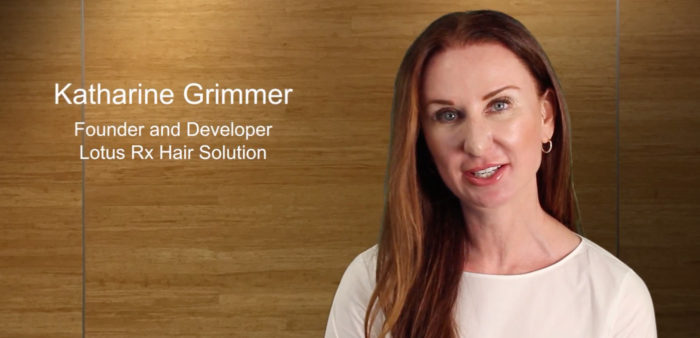
How to Handle Multiple Job Offers – Know Your Values, Evaluate Your Touch Points
Choosing between job offers is something that needs to happen before you receive them. How is this possible? Identifying your values and inventorying your recruitment experience can help you make a decision – as much as knowing what the total compensation will be. Despite formidable competition in the San Francisco Bay Area, people get multiple job offers at accounting firms or tech companies all the time. For entry-level jobs, the salary is pretty standard so candidates need to know what else is going on at the firm. Researching a company to work at is not like searching Yelp. It is a lot more complicated and you can’t always trust the reviews.
Knowing Your Values Makes Deciding Which Job Offer to Accept Easier
Understanding yourself will help you make a decision and should happen well before an interview or even a decision as to where to go to graduate school. Look back at your career history and evaluate what you liked and didn’t like to extract your values. For example, my time as a correctional probation officer taught me that while I loved helping others by listening to their stories, I preferred environments that were less structured, where I had more autonomy to make decisions, and where my values were in line with those of my coworkers. My first graduate school internship allowed me to hone in my interest in working with adults on their career development.
Knowing one’s values is just as important as knowing the salary at a firm – a key to sorting out which job to choose. Some may value relationships with colleagues within the firm. Some may put more weight on a firm that offers commuter benefits or a flexible schedule. I call these things the intangibles. They can make a potentially good job, great.
Look for Clues in the Recruiting and Interviewing Process
By the time you get an offer, you may have had at least one touch point with recruiters at several firms. Up front, you have to ask yourself if they were friendly, approachable, or asked you questions – or even if this matters to you. Many of our graduates may choose between two of the Big 4 accounting firms based on this “approachability” criteria alone. The Lunch and Learns hosted by the Braden School of Taxation and the School of Accounting provide students a chance to assess whether there is a match between their values and those of the organization.
Your Checklist for Choosing an Employer
Here are some things to consider when making your decision.
Position & Professional Growth
Title – Job Level
Professional Development
Promotion Opportunities
Autonomy/Decision-Making
Use of Talents and Skills
Company and Commuting
Geographic Location
Commuting Requirements
Travel Requirements
Size of Company
The Culture of the Company/Organization
Reputation/History of Company
Management Style of Supervisor/Company|
Work/Life Balance
Schedule Perks (Work from home, Flex-time)
People who work there
Commitment to Diversity
Compensation/Perks
Salary
Medical Insurance (Dental, Vision)
Benefits (401k, Stock options, Vacation/PTO, Leave)
Meals
You can also make a list of questions to ask yourself
Can I see myself working for this employer? How does the company treat its employees? Will I like working with this manager/supervisor/team? Will I like my future co-workers? How does the company communicate? What’s the company’s leadership style?
How to Find Out More about Companies? Do Your Research!
Finding insiders: these can be alumni from your school or people who work there. People who worked somewhere in the past may be as just as valuable in getting candid feedback about a company.
Glassdoor: You need to see what current and former employees are talking about in the reviews, not the numbers. Reviewers might like things you don’t like!
Vault: A subscription resource with company rankings that includes transparency about the parameters. This is available through some public libraries and GGU’s Business Library.
Talk out your choices
As you are doing your research both online and in-person, consider talking it out with trusted individuals who will give you impartial feedback. Be careful to stay true to your own values, and not the values projected by others. Meeting with a career counselor or coach is a great way to start! Students at GGU get an unlimited amount of 50-minute career counseling appointments to identify their values, career goals, and evaluate job offers.






